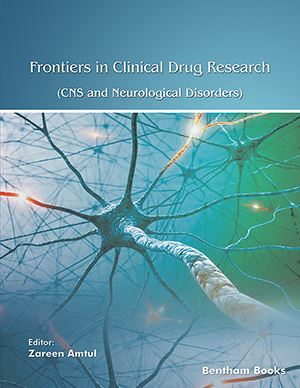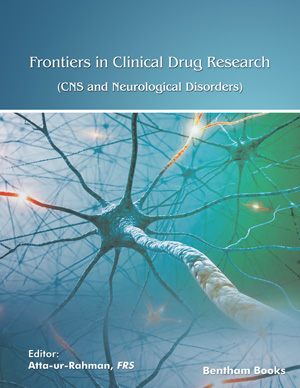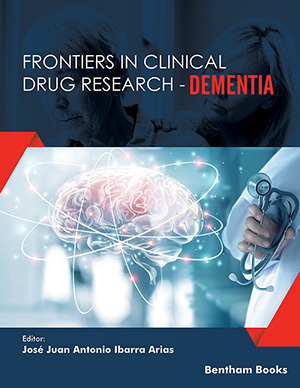
Abstract
Ghrelin, a novel growth-hormone-releasing peptide isolated from human and rat stomach, is a 28-amino acid peptide with a posttranslational acylation modification that is indispensable for its activity. Ghrelin stimulates secretion of growth hormone, food intake, and body weight gain. This review will focus on the discovery, structural characteristics, tissue distribution, and physiological functions of ghrelin, as well as the regulation of its expression and secretion. Future directions of clinical application of ghrelin as an anabolic peptide are discussed.
Keywords: Ghrelin
 6
6


















